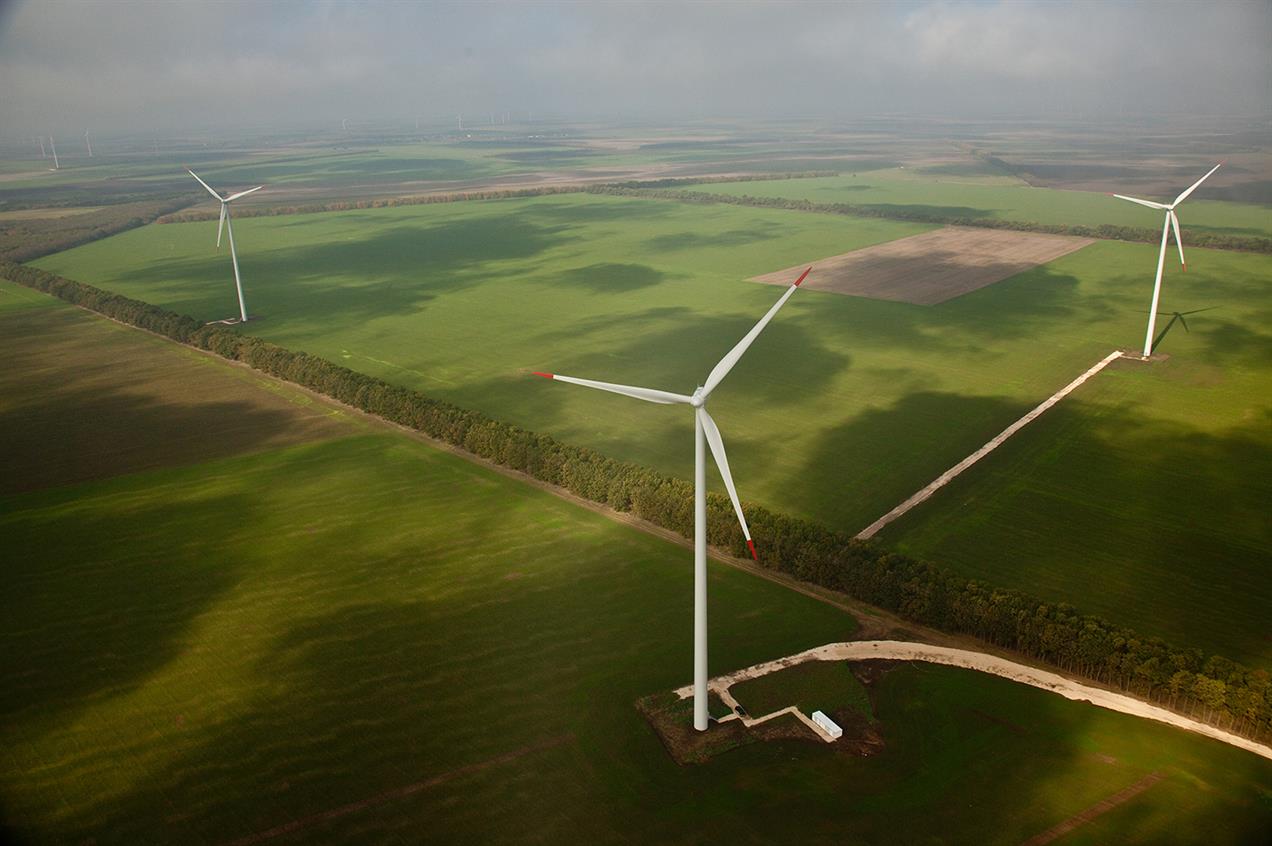Lower capital costs "are necessary to bring down the deployment costs... however they are not sufficient for allowing business cases as such", researchers said. Countries will only benefit from the conditions "if adequate policies are in place".
The 'Pricetag' project, coordinated by consultancy Ecofys and funded by the European Climate Foundation, studied the cost of capital for ground-based photovoltaic and onshore wind projects in Bulgaria, Croatia, Greece, Hungary, Romania and the Slovak Republic.
It is a follow-up to the pan-European Diacore project, conducted almost a year ago, which concluded that policy design was the top risk for renewables investors in the EU.
This new study makes clear that cheaper renewables investments are not a substitute for a supportive policy framework.
Policy support proposed by the European Commission in its new renewable energy directive could help 'derisk' renewables for investors, but they will not make up for national renewables support schemes and other enabling policies.
The researchers found that renewables investments still tend to be more expensive than other investments, for example in infrastructure, with a below-average drop in costs of capital over the last two years.
Moreover, the cost of investing in wind and solar in southeast Europe is "well above" that in the EU's best performing member states, such as Germany.
In addition, they found that even though the costs of capital had come down, this often did not translate into new projects on the ground.
There were no new onshore wind projects in the Slovak Republic, Hungary and Bulgaria for example, which the researchers attribute to the "lack of an effective support scheme".
"Derisking can be a catalyst," said project coordinator David de Jager from Ecofys. "[But] if you do not take deployment [policies] seriously, derisking will not do the job."
Southeast Europe has started refocusing its regional cooperation on renewables and energy efficiency as well as gas.

.png)


.png)










